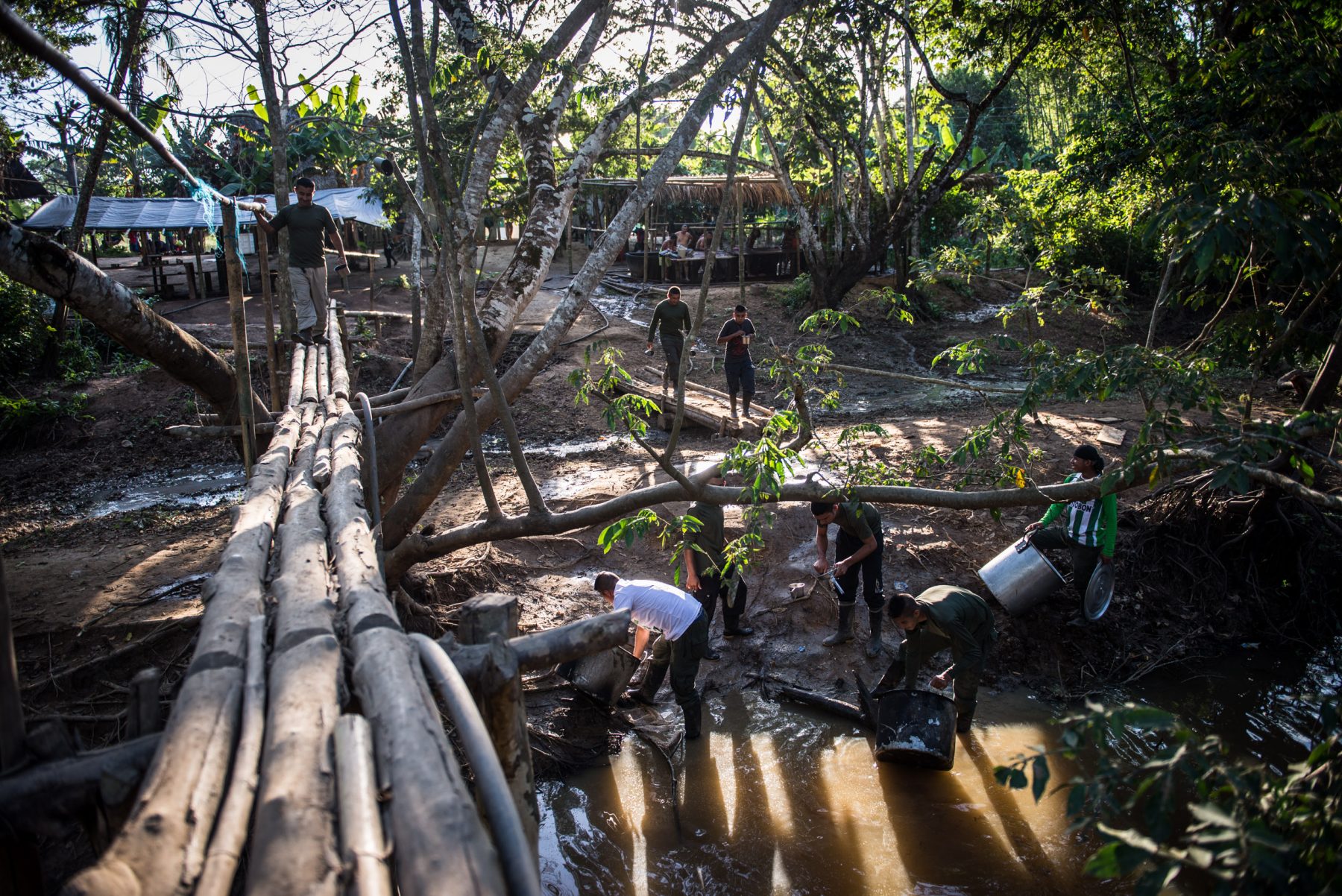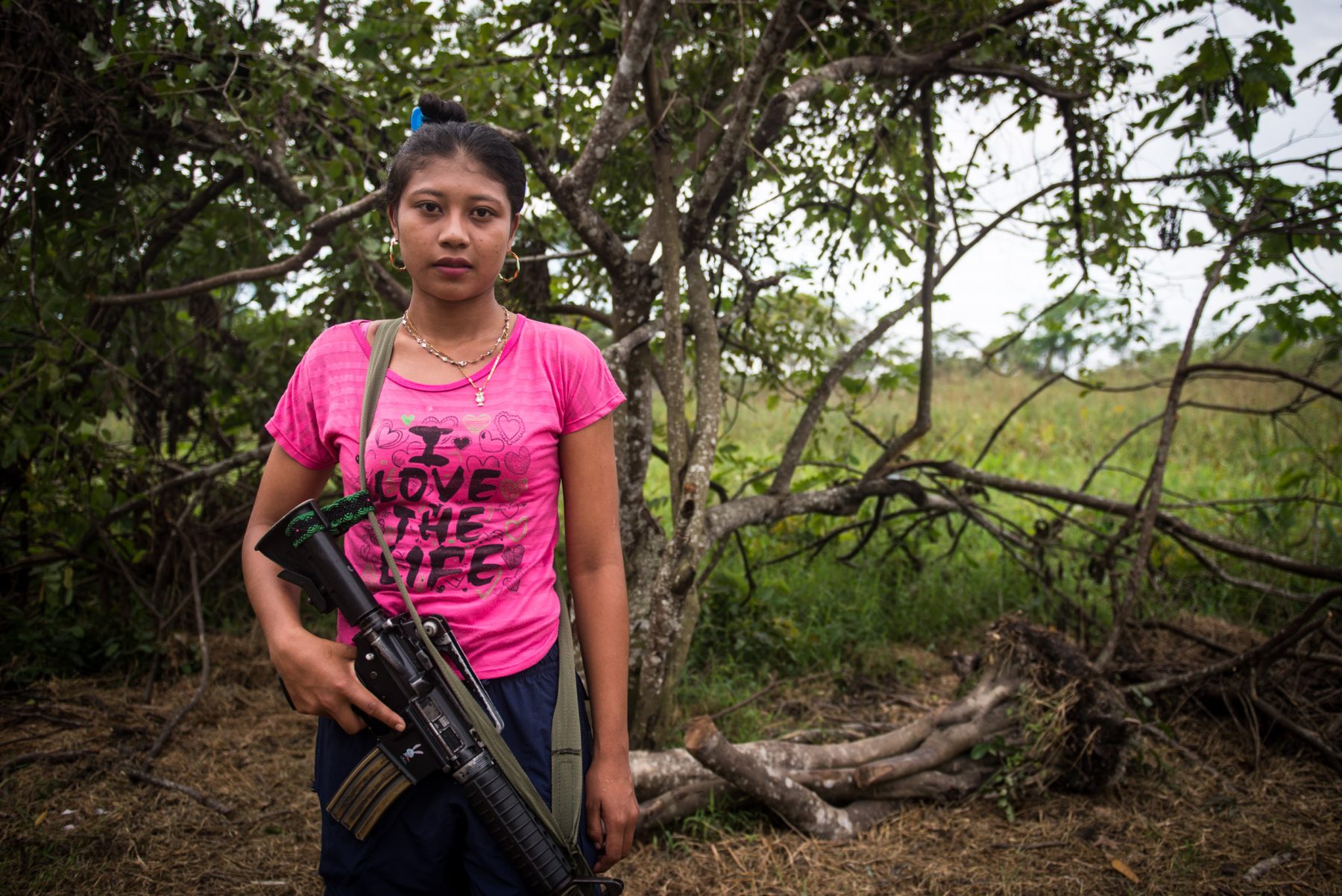7,132. That is the number of weapons registered and collected by the United Nations by the 27th of June 2017. On that date, the Fuerzas Armadas Revolucionarias de Colombia – Ejército del Pueblo (engl. Revolutionary Armed Forces of Colombia—People‘s Army) evolve from an Army to a political and social movement. The soldiers and civil supporters of the FARC-EP have fought a bloody and intense civil war against the Colombian State and its paramilitary forces for 53 years.
They originated as a communist self-defense army of the farmers and habitants of the independent republic of Marquetalia. The independent republic was proclaimed in the early sixties in the south of Colombia as a result of the ongoing war between the two mayor political parties Liberals and Conservatives. Beginning in 1948, the civil war lasted for ten years and claimed 200.000 lives. The farmers of Marquetalia, influenced by the communist party, started to defend themselves against the violence which spread over the country. The State of Colombia attacked the free republic with 16.000 soldiers, military helicopters and airplanes. The farmers, of whom 48 were armed with rifles, fled over the mountains and founded the FARC predecessor Bloque Sur on the 20th of July, 1964. The main goal of the FARC-EP was and still remains to abolish the landowners who co-opted most of the fertile ground after the country became independent – structures which are still reality now. The society of Colombia can be considered as one of the most unequal in Latin America.
As of 27th of June, 2017, more than 53 years of civil war between the FARC and the Colombian state have past, and the smaller Guerrilla ELN is still continuing the fight. Waiting for peace and preparing to continue their lives as a part of the civil society, the fighters gather in the transition camps all over the Andean Country, celebrating Christmas and New Year’s Eve in a peaceful way never experienced before. During wartime, these holidays were an occasion for the state military to start major offensives.
Around 400 soldiers of the FARC-EP are gathered in the transition camp in the flatland department of Arauca, living in improvised huts. The soldiers are intended to leave the camps on the 1st of August as civilians in order to realize their political dreams, with legal politics and their own political party. Each individual faces the arduous task of preparing their future.




















